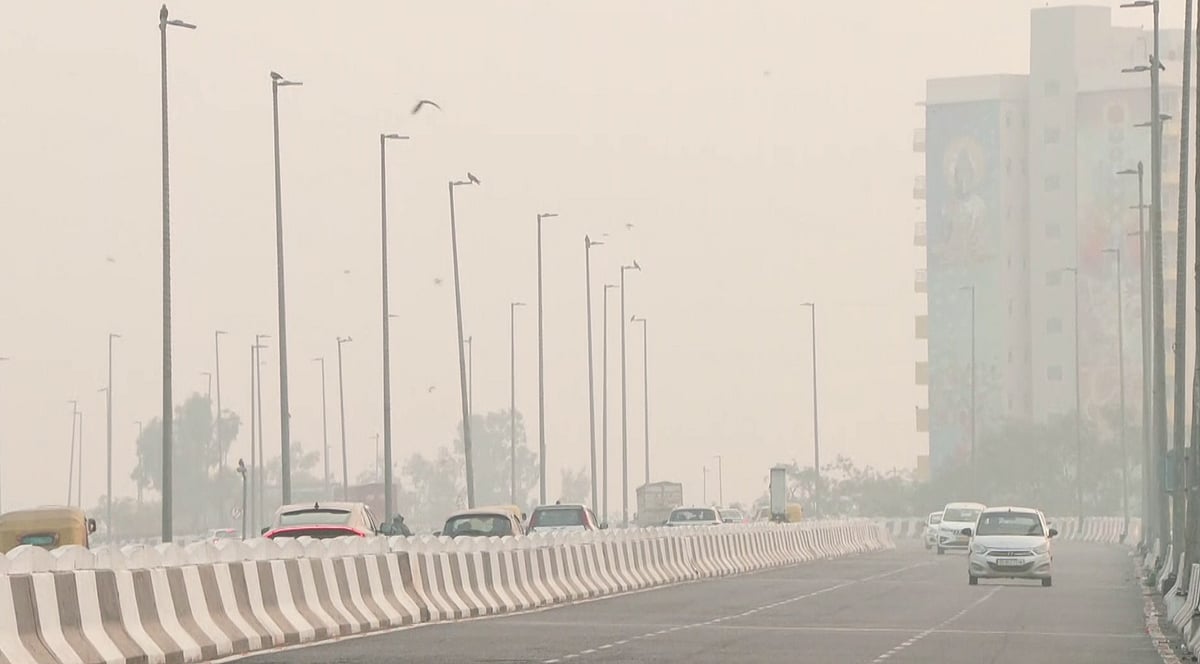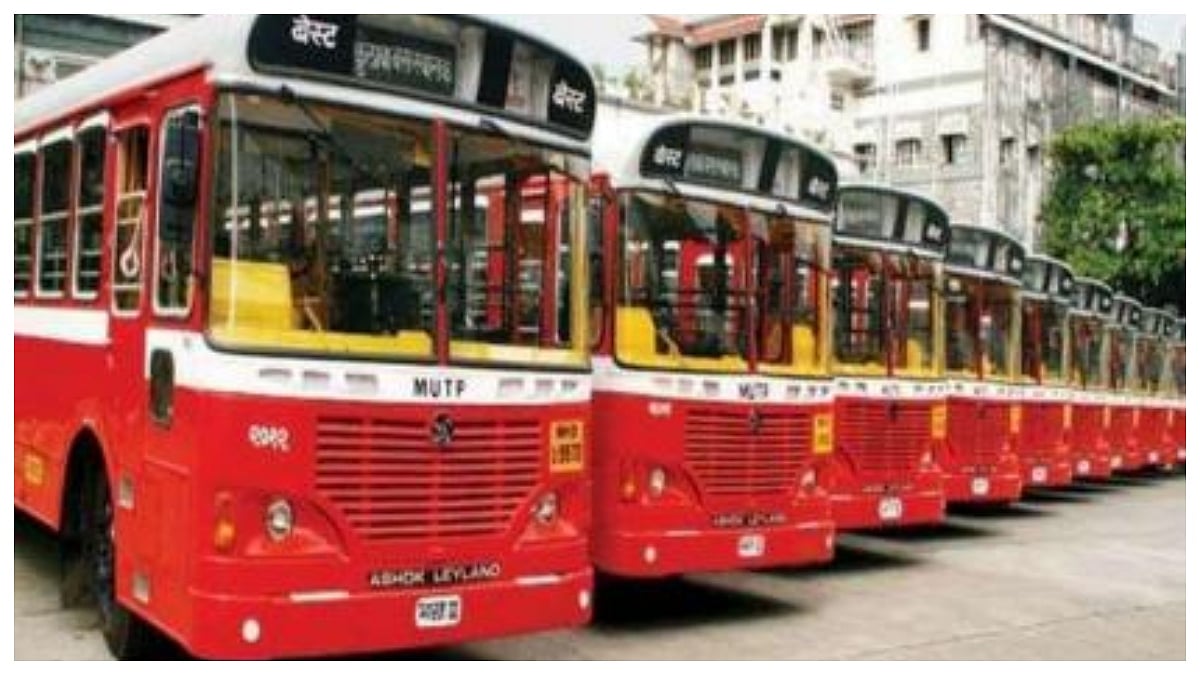Global economic recession appears a reality as US GDP contracted, for a second quarter in a row, at an inflation adjusted annual rate of .9%. Separately, Goldman Sachs predicted a second quarter drop in growth in the Euro-area. China also faces a socio-economic crisis engendered by collapsing property market, local debt and zero-Covid policy. In India the drop in value of rupee and 11% fall in foreign exchange reserves are warning signals. Joblessness figures rose in India to 7.1%, reflecting economic slowdown.
The Covid epidemic may be the original villain for hobbling the major economies in 2021-22, the Ukraine war has worsened it by escalating the price of energy and food. In South Asia the economic meltdown in Sri Lanka caused a popular uprising and change of government. Maldives appears next to face similar economic stress. Bangladesh is seeking IMF help to strengthen its foreign exchange reserves. Pakistan has an ongoing no-holds-barred political battle between former prime minister Imran Khan, ejected from office but effectively rousing the street, and the alliance of traditional foes Pakistan People’s Party and Pakistan Muslim League (N). Pakistan also nears economic chaos.
In Europe, the government in Italy fell, perhaps enabling far right-wing parties to capture power. In the United Kingdom a fraternal battle wages to choose the successor to prime minister Boris Johnson. Meanwhile, US President Joe Biden travelled to Israel and Saudi Arabia, to bolster a regional grouping to counter the China-Russia-Iran axis. Russian President Vladimir Putin also arrived in Teheran days later to hold parleys in a trilateral format with Turkey and Iran. On India’s eastern Indo-Pacific front other developments are panning out. In Myanmar the junta punished to death four leaders of the democratic movement. Even less than democratic Laos, currently chairing the ten-nation ASEAN, had to condemn this act.
President of Indonesia Joko Widodo was in China on July 26 to review bilateral ties but also discuss handling of Russia at the November summit of G-20 nations. Some G-7 members like the US and the UK may boycott the summit if Putin attends. On the other hand, Widodo must have urged China to have Russia accept at least a ceasefire in Ukraine before the summit.
But China has other priorities cluttering its agenda. President Xi Jinping’s main preoccupation is the 20th Party Congress later this year. He plans to get his third term endorsed at the meeting. The two-term limit dates from 1982 but was lifted, under Xi’s manoeuvring, in 2018. Once Xi gets a third term and is declared a “People’s Leader” like Mao Zedong, he can take one of two paths. He may become more restrained abroad as he no longer would need jingoism to consolidate support at home. Alternatively, he may become more unabashedly nationalistic and march forcefully towards the “China Dream”. The latter is more likely if global economic slowdown accelerates Chinese GDP contraction.
Thus, global stability rests on the Ukraine war ending soon, allowing the energy and food prices to decline. Currently, Ukraine is preparing to launch a counter-offensive in the South to re-occupy Kherson, the only regional centre seized by Russia. The US supplied HIMARS precision guided missiles, fired from a mobile platform, have targeted Russian ammunition dumps and command centres. Russian tactic of saturation artillery bombing to ease the infantry advance is affected by artillery shell supply getting disrupted. Russians are also said to be moving more forces south. This means their offensive in the east will slow down further. This can end in Ukraine succeeding in capturing Kherson or getting entrapped by Russians and thus losing critical forces and equipment.
Generally, wars do not end unless either side is defeated, or both reach a point of exhaustion but also have mutual gains. No peace was possible between Egypt and Israel after the 1967 war as the former lost Sanai and President G. Abdul Nasser was left a broken man. Broken men cannot make peace. After Egypt’s success in breaching the Bar Lev line in 1973, US statesman Henry Kissinger jumped in and managed peace between the two big powers of West Asia. Thus, a window may become available for peace post-Kherson battle. However, Ukrainian failure may embolden Putin to resurrect original objective of regime change in Kiev.
Indian domestic politics are becoming more polarised and toxic. The Supreme Court’s pro-executive reading of the Prevention of Money Laundering Act green lights more brazen arm-twisting of opposition politicians. The danger is that a divided nation if suddenly confronted by a fresh crisis may find the economic situation unmanageable. It could be caused by China attacking Taiwan, as it is implying it may if US Speaker Nancy Pelosi visits there, or Russia expanding the war in Europe. There is also a danger that economic stress in Bangladesh or Maldives may allow anti-India elements to seize power which allow Islamic radicals free play. In a brittle world India needs unity and political restraint by the rulers.
The writer is former secretary, Ministry of External Affairs









